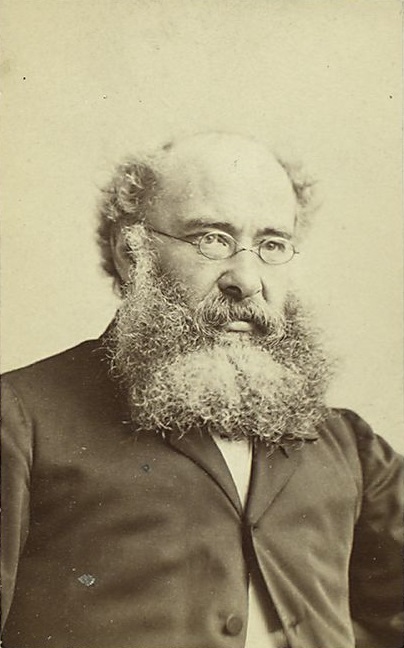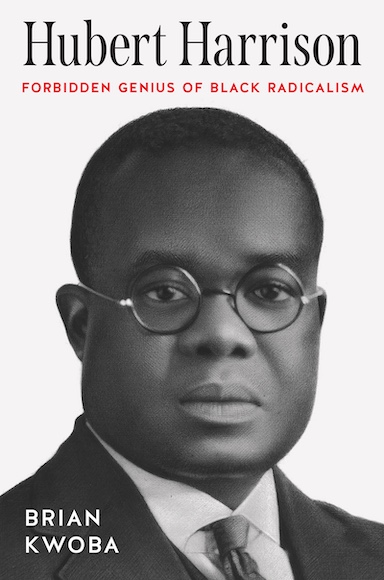Vibing with the Victorians
On rediscovering a literary love
Although everyone still called me the resident Victorian, truth was I had been shirking. And I’m not sure when I would have returned if it had not been for my friend Sarah.

On rediscovering a literary love
Although everyone still called me the resident Victorian, truth was I had been shirking. And I’m not sure when I would have returned if it had not been for my friend Sarah.

Maybe the trick is just to remember

Facing memories of trees lost

Links between the human and nonhuman worlds feature powerfully in three new poetry collections

Brian Kwoba uncovers the fascinating legacy of Hubert Harrison, a Black radical intellectual of the early 20th century
 Ways to Support the Work
Ways to Support the WorkChapter 16, launched in October 2009, is an online journal about books, writers, and literary events in Tennessee and serves as the state affiliate of the Center for the Book at the Library of Congress.
We cover novels set here; histories involving Tennessee events or locations; authors who live here, were born or educated here; and out-of-state writers when they give readings or participate in book signings anywhere in the state. We also publish original poems and essays by prominent Tennessee authors (including previews of their works in progress).
Your donations help us continue to engage in the stories of the past and present to build a better future for Tennesseans. Contributions help make Chapter16 possible and ensure it remains free for the community. Individual gifts, foundation grants, and corporate sponsorships help connect communities through shared stories and allow us all to build a better future for all Tennesseans.
